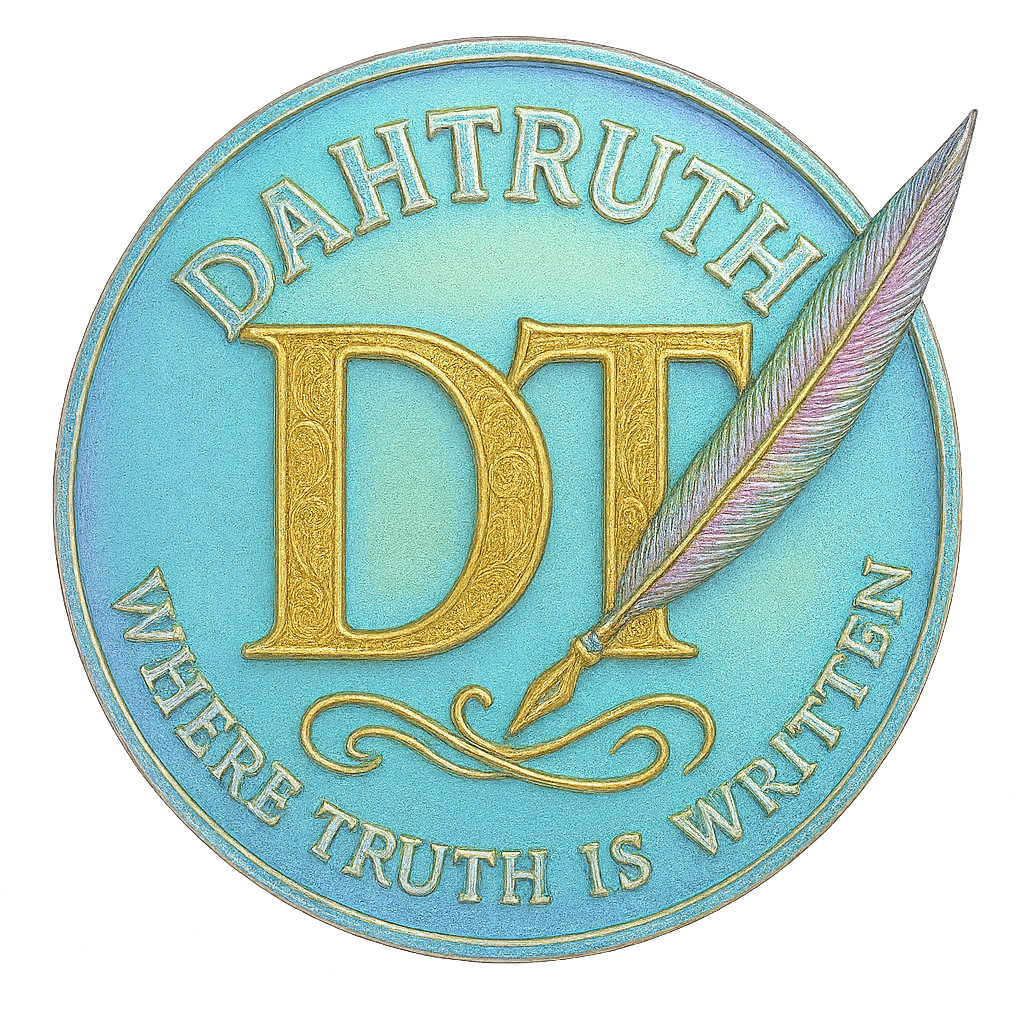The Scapegoat: A Reflection on Being ADOS in a Global Crisis
What’s interesting about being Black is how we’re always the scapegoat. In nearly every situation involving injustice, people turn to Black people. And not just Black people around the world—more specifically, American descendants of slavery, or ADOS. Black people born in America. We’re always positioned as either the problem or the solution. That contradiction alone is exhausting. You constantly feel like you must defy false perceptions, challenge distorted narratives, and navigate the weight of social bias just for being Black.
This week Trump showed America how politics is done. He started what Democrats called a war by stopping Israel and Iran from bombing one another. He won nearly every case brought before the Supreme Court. He helped establish peace between Rwanda and the Congo. And by the close of business on Friday, the stock market soared. Meanwhile, Democrats used social media as a platform to spew their disdain for Donald Trump but have done nothing to pass substantial legislation to at least check him. They complain about Trump doing his job while doing nothing for their own constituents. Congress is really nothing more than a joke. They complained about the Big Beautiful Bill, made speeches fit enough for a soundbite, and then did nothing at all. No legislation. No solution. Nothing.
Since Trump’s election, there’s been a disturbing effort to pressure Black Americans—especially ADOS women—into aligning with Democrat or socialist agendas. The unspoken message is clear: because we’re seen as recipients of welfare, housing, or wage support, we’re expected to also endorse abortion access, open borders, gender ideology, and unchecked spending. It’s coercion masked as compassion.
What triggered my reflection this week wasn’t just policy—it was a Facebook exchange. Her words echoed a pattern I’ve seen before: moral superiority cloaked in selective memory, where Black convictions are put on trial anytime they don’t align with progressive expectations. I had commented on the absurdity of Democrats calling for impeachment after Trump’s military actions. A white woman I once met in France responded by not only challenging my support of the strike but questioning my faith. Her tone was condescending, her assumptions clear. She quoted Matthew 5:38–48 as if Christianity demands pacifism even in the face of terrorism.
But that passage isn’t about government response—it’s about personal offense. Romans 13:4 offers the counterpart: “For the one in authority is God’s servant for your good… agents of wrath to bring punishment on the wrongdoer.” And Jesus Himself said in Luke 14:31, “Suppose a king is about to go to war… won’t he first sit down and consider whether he is able…?” That’s a call to wisdom and protection—not surrender.
She said she held Christian values, though she no longer attends church. She expected me to reconcile selective outrage with Biblical clarity. But I’ve studied the Balfour Declaration, the Nakba, the Six-Day War, and decades of terrorism—hijackings, bombings, bus attacks. I’ve read Benny Morris. I know the history. And I still believe Israel has the right to defend itself.
Since 1917, Arab nations have fought over the land of Israel. Much of it was purchased; the rest was won in war. That is how nations have always been built. But the Palestinians have refused every peace agreement. They embraced a culture of martyrdom, teaching their children to glorify death in the name of Allah. Gaza became what it is because of Hamas, the PLO, and others committed to violence—not coexistence.
She never once acknowledged the harm inflicted by European colonization. France—where I met her—is one of the worst offenders, having enslaved and plundered African nations. She seemed unaware of Arab Muslims enslaving African men, castrating them, and forcing them into servitude. These are real legacies. And yet, all her outrage was reserved for Israel—a nation that has never colonized or enslaved Black people.
There is a tendency among some Europeans to treat ADOS as if we’re uninformed. There’s an unspoken arrogance, a subtle condescension, a white savior complex—especially among left-leaning or socialist types. They expect our loyalty simply because we are presumed to benefit from their policies. But that’s not how integrity works.
From Harriet Tubman to Malcolm X, our lineage is one of discernment and self-determination. Since the days of slavery, we have fought for justice with clarity. We don’t need lectures from people who are just now waking up to oppression. We’ve lived it. We’ve survived it. And we know when our votes and voices are being manipulated.
When I read comments that try to shame me for voting based on my conscience—especially on issues like abortion or gender ideology—I see the same old tactic. It’s a disturbing effort to force Black Americans into alignment with Democratic or socialist ideals simply because we are presumed to be the primary beneficiaries of their policies. They claim we benefit from programs like welfare, housing subsidies, or minimum wage increases—but the truth is, our communities have been devastated by many of these same policies.
Selective justice is not justice. Compassion cannot be coerced. And unity that requires silence is not unity at all.
As American descendants of slavery, we are not blind to global events. We are not politically naïve. We are not pawns. We are a people of discernment, strength, and faith. We don’t owe our silence, our vote, or our allegiance to anyone—no matter their history, race, or ideology.
We owe it to our ancestors to walk in truth, to honor God, and to stand with justice—wherever it may lead.
We’ve carried the burden of being scapegoated for generations—blamed, used, and preached at by systems that never intended to free us. But being born Black and American does not make us anyone’s tool. We are not here to be sacrificed on the altar of someone else’s ideology. Not anymore.

